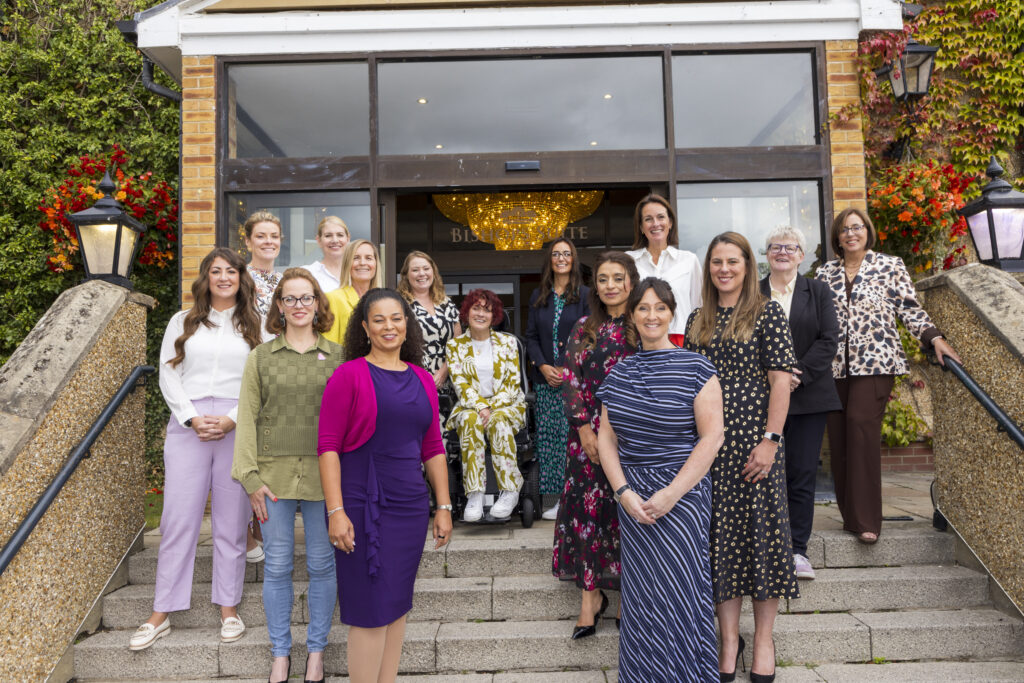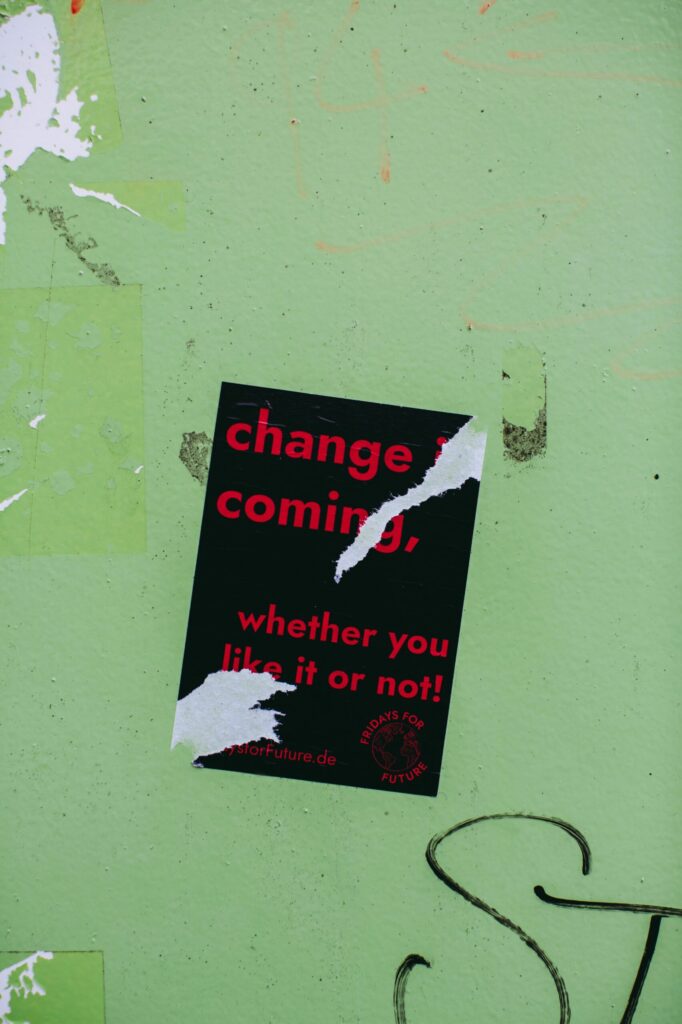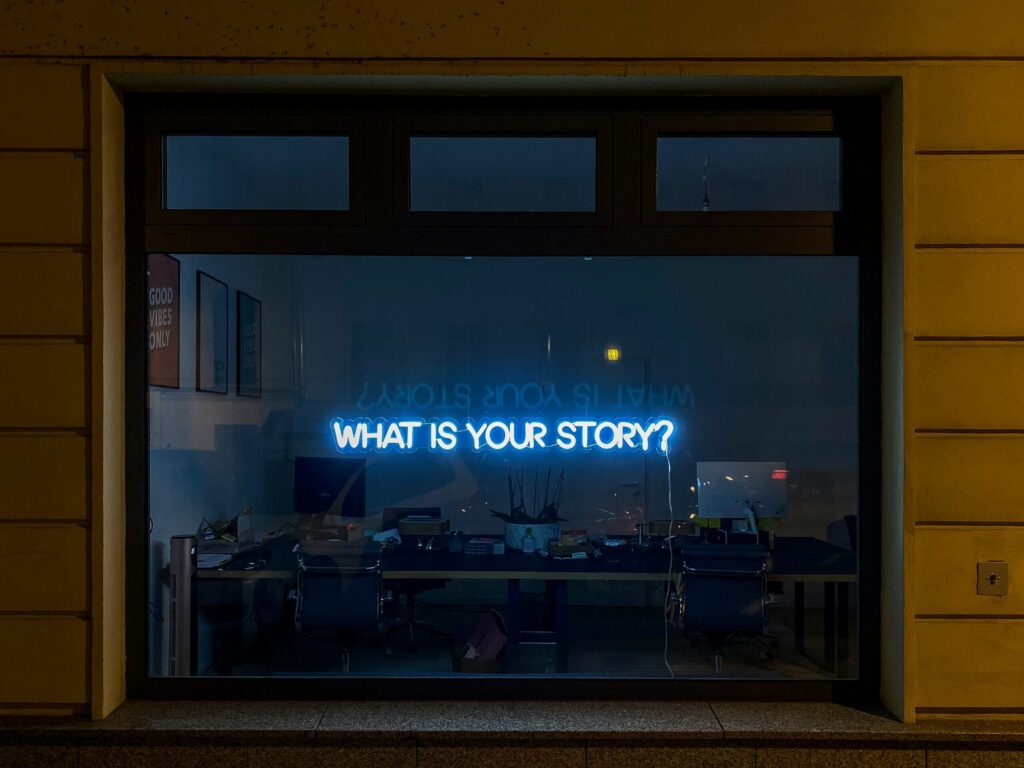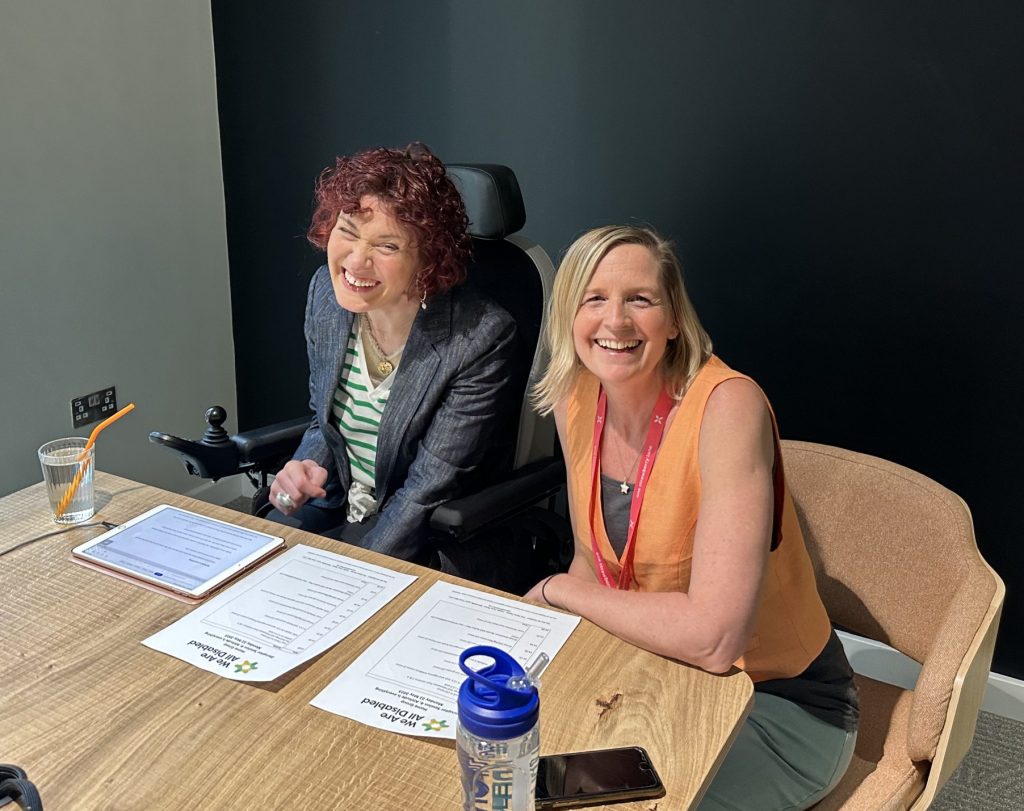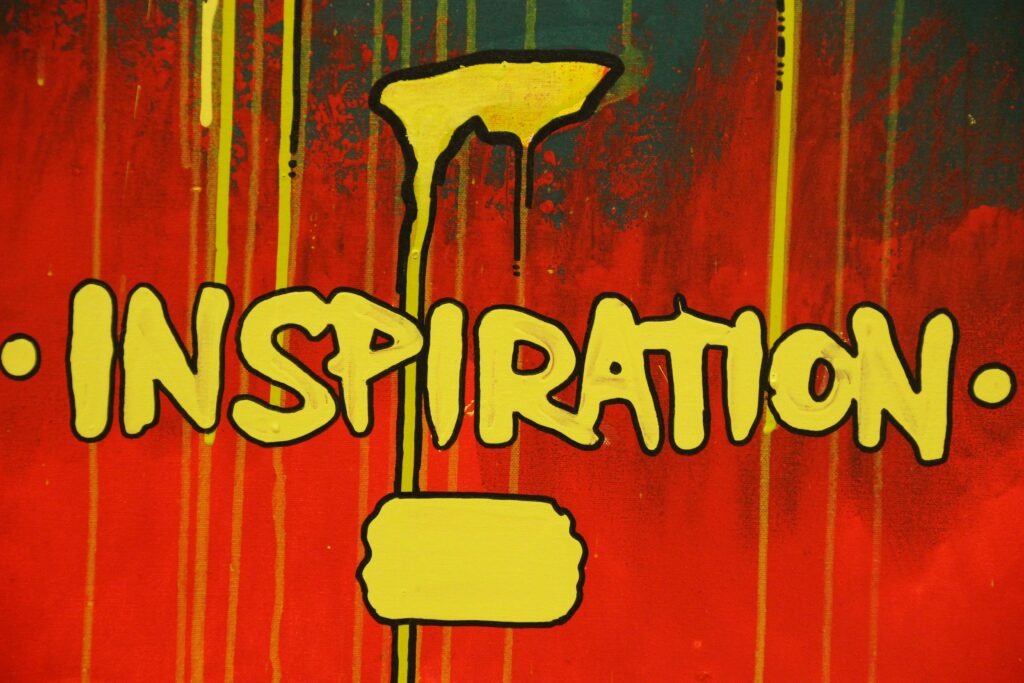An Affirmative approach to disability is key for me because it defines disability in a positive way.
The Affirmative model emphasises the positive aspects of living with a disability and celebrates the unique identities and experiences of disabled individuals. It is something I reference and promote extensively in my research, public speaking and work with We Are All Disabled.
But what does this mean for me personally?
I was lucky enough to be raised in an Affirmative way. My parents didn’t see my disability as something ‘wrong’ with me but embraced it as part of who I am. Of course, they recognised that I have limitations, but they didn’t molly-coddle me or hide me away from the world. Rather than focus on my disability and the things I couldn’t do, they encouraged me to play to my strengths, to recognise and develop my abilities and supported me to become the best version of myself.
Nowadays there is much more understanding of the importance of integration and inclusivity; the Social model of disability has created opportunities for disabled children to participate in normal activities with their peers. However, this was not the case when I was a child.
I was born in the late 1970s and grew up in a society where disabled people were excluded not only through physical barriers, but also through attitudes, perceptions and behaviours. Disability tended to be seen as something that needed to be overcome or pitied and made disabled people feel they had to work twice as hard to be valued, accepted and included.
Thanks to the support of my parents, who firmly believed I should be brought up to be part of the ‘real’ world, I went to Brownies and Girl Guides, which was very unusual for the time. I attended mainstream school from the age of 10 and went on to university where I completed a BA (Hons), Masters degree and finally my PhD which has led me to where I am today.
I firmly believe that it was my parents’ Affirmative approach towards me as a person and my upbringing that gave me the confidence and motivation to push through the challenges in my life, overcome barriers and work towards achieving my full potential.
It is this Affirmative and person-centred approach that I believe it is of particular importance in the current climate; with so much uncertainty and controversy around ED&I.
Recognising and valuing people as unique individuals and embracing disability as a normal part of the human experience is vital to a fairer, happier and more productive and inclusive world.
And I am living proof that it works!
Photo by Anastasiya Badun on Unsplash

